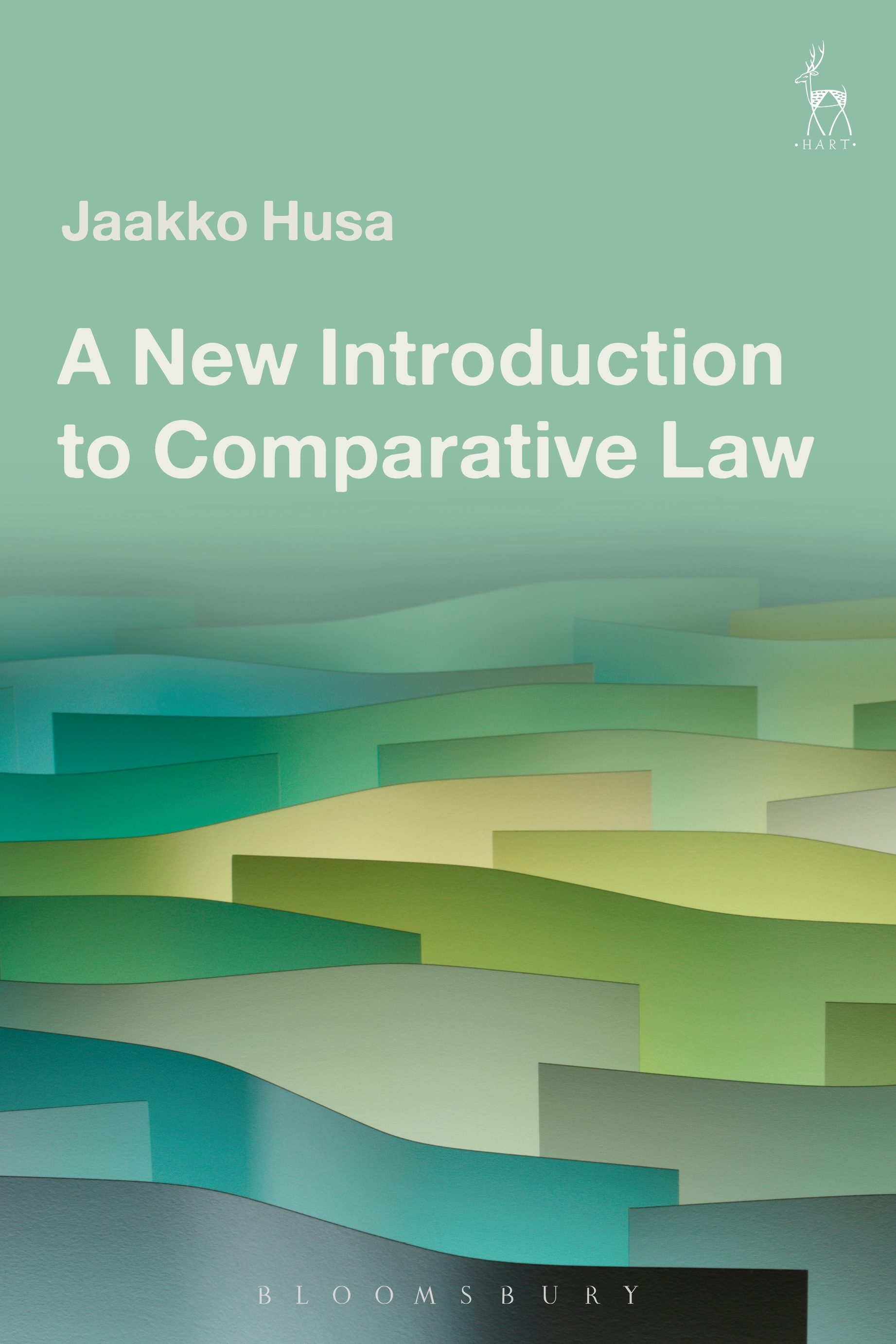
This thought provoking introduction to the study of comparative law provides in-depth analyses of all major comparative methodologies and theories and serves as a common sense guide to the study of foreign legal systems. It is written in a lively and accessible style and will prove indispensable reading to advanced students of the subject. It also contains much that will be of interest to comparative law scholars, offering novel insights into commonplace methodological and theoretical questions and making a significant contribution to the field.